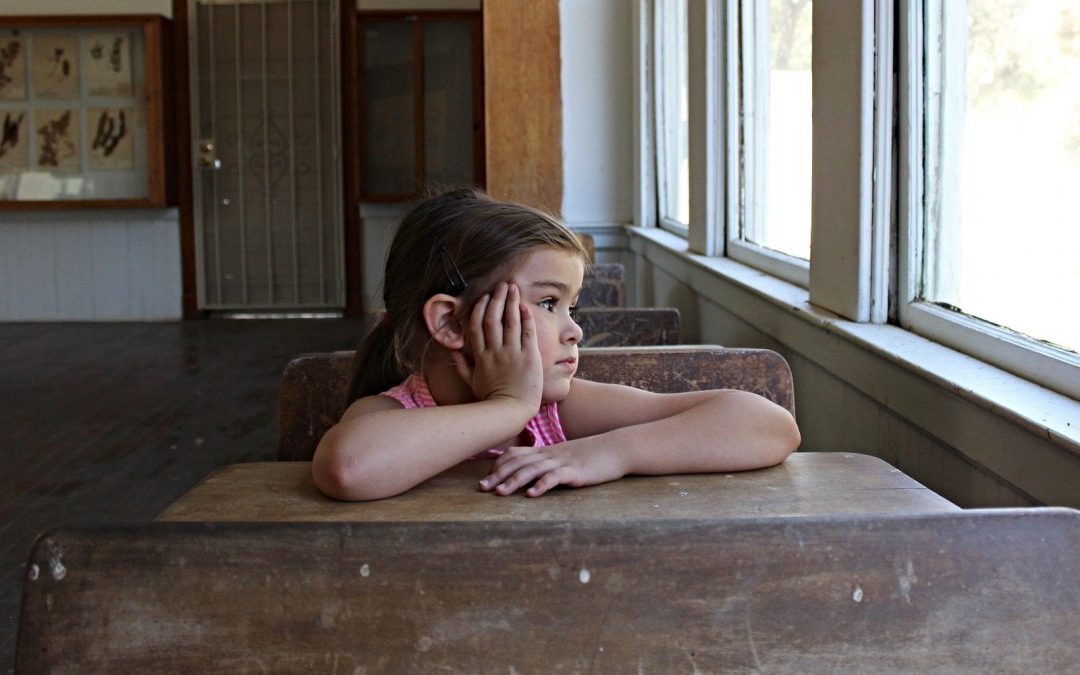I noticed one of my students was sitting at her table with her head in her arms, as still as the petals of a daisy on a midsummer afternoon.
This was a few weeks ago as we were moving from our morning work to our writing workshop, and as the students were milling around their cubbies, getting the materials they needed.
“Brisya,” I asked, “would you tap Camila on the shoulder and see if she fell asleep?”
Sometimes, students fall asleep in class. It’s not because they’re lazy. It’s not because they’re bored. It’s because they didn’t get enough sleep the night before the new school day.
“My baby sister was up all night crying because she is sick,” one of my sleepy students said one day. “I was up with her because I share a room with all of my brothers and sisters.”
“I had to get up at 4:30 a.m.,” another said on another day. “My mamí has to take me to a babysitter’s house so she could get to work early.”
I’ve learned to give them a wet paper towel, let them stand up behind their table and try every way possible to stay awake so they can learn all they can learn for the day.
Today, though, Camila wasn’t asleep.
When Brisya tapped her on the shoulder, she didn’t move for a moment.
Brisya moved her face close to her ear and whispered, “Are you OK?”
Camila raised her head; tears were streaming down her cheeks.
“No,” she whimpered. “I’m thinking about talking to my papí on the phone last night. He got arrested.”
As a teacher, what can you do in that moment, when you are supposed to be moving along at a fast pace to teach all of the standards that your students need to know to move on to the next grade?
There’s nothing else to do except put your arm around that student’s shoulder and say, “I’m here. Estoy aquí.”
I did that.
And an astonishing thing happened.
The student who sits right in front of her, an African American kid named Tiraji, put his hands on her arms and gently said, “I know how you feel. My dad’s in jail. I hardly ever get to see him.”
Then a student who sits one table over, a kid from Guatemala named Mauro, stood beside her and gently said, “My dad’s been in jail too. Boy, was I scared.”
The whole class gathered around her as if to say, “We’re right here beside you. We’re right here.”
I didn’t teach as much as I would have liked to have taught about writing in that 40-minute block.
But I learned as much as I have ever learned about tenderness and solidarity in those heavy, holy moments.
All in a day in public school.
A fourth grade public school teacher and member of First Baptist Church in Greenville, South Carolina.


